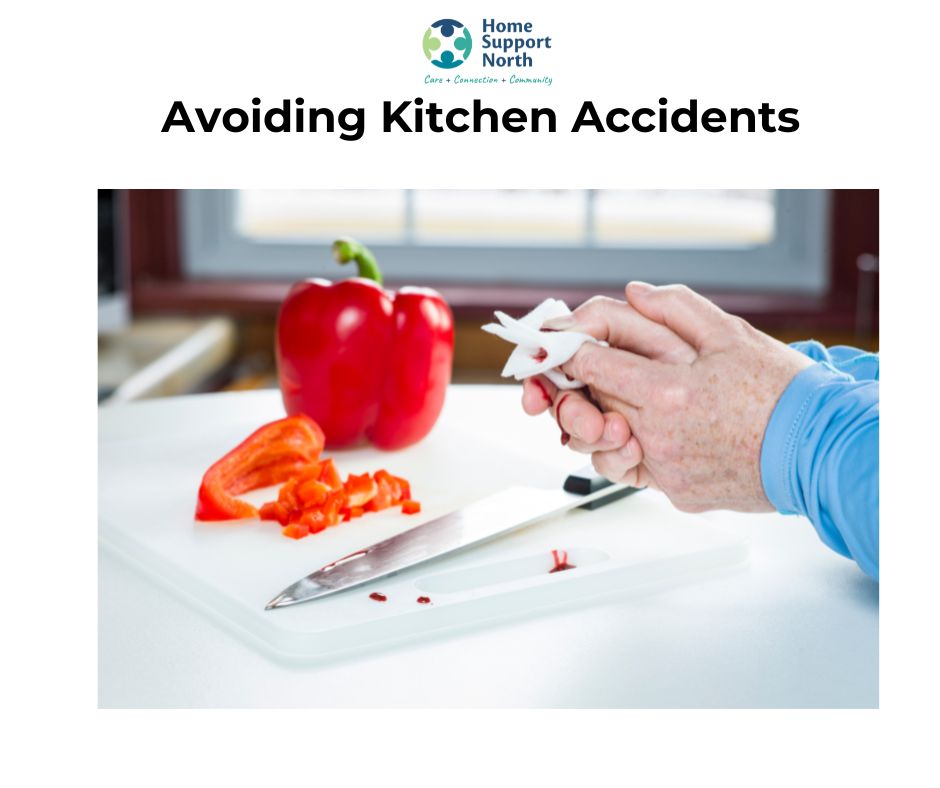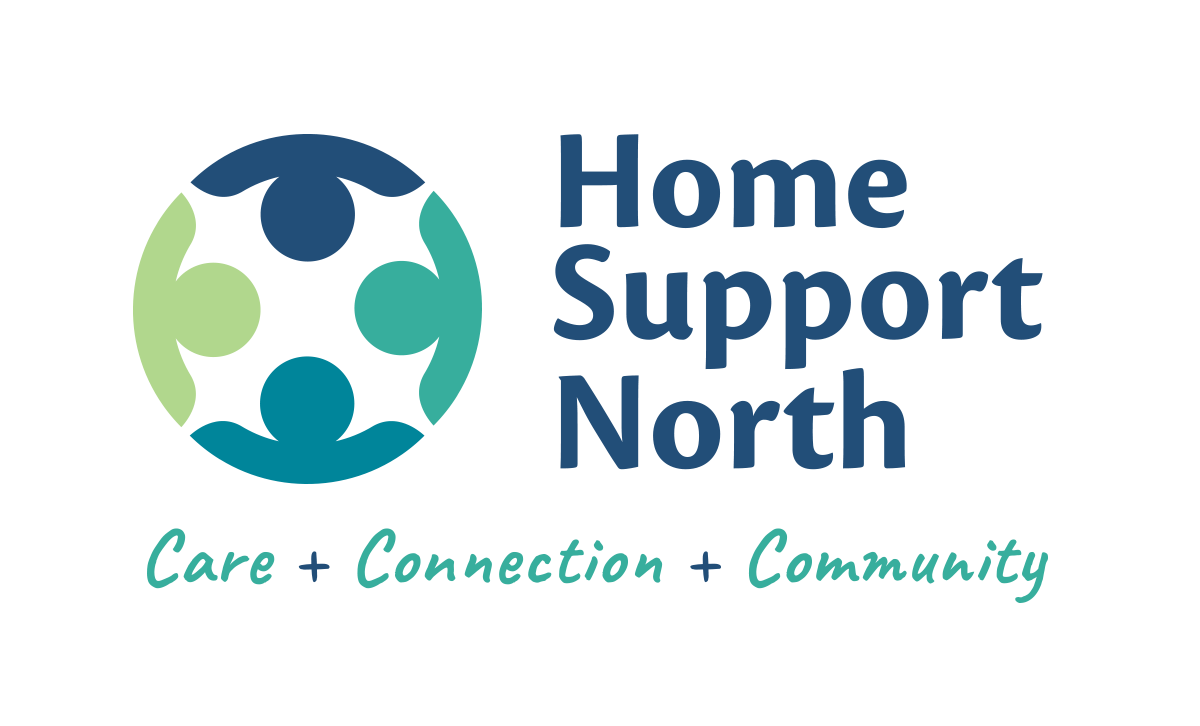The kitchen is often a central hub in our homes, but it can also present potential hazards if we’re not careful. Whether you enjoy cooking elaborate meals or simply making a cup of tea, kitchen safety is essential for maintaining your independence and well-being at home. This blog post offers practical tips to help you avoid common kitchen accidents.
Preventing Slips, Trips, and Falls:
A slippery floor or an unexpected obstacle can lead to a fall.
- Wipe Up Spills Immediately: Any liquid spilled on the floor should be cleaned up right away to prevent slips.
- Use Non-Slip Mats: Place non-slip mats in front of the sink and stove, where water or grease might accumulate.
- Keep Walkways Clear: Ensure there are no clutter or tripping hazards in your kitchen walkways.
- Good Lighting is Key: Make sure your kitchen is well-lit so you can see clearly and avoid obstacles.
- Wear Appropriate Footwear: Avoid wearing loose slippers or socks without grip in the kitchen.
Practicing Safe Cooking Habits:
Cooking involves heat and sharp objects, so caution is crucial.
- Never Leave Cooking Unattended: If you need to leave the kitchen while cooking on the stovetop, turn off the heat.
- Keep Flammable Items Away from Heat: Tea towels, oven mitts, paper towels, and curtains should be kept away from the stove and oven.
- Use the Right Size Burner: Match the size of your pot or pan to the burner to prevent it from tipping or overheating.
- Watch for Pot Handles: Position pot handles so they don’t stick out where you or someone else could accidentally knock into them.
- Use Proper Ventilation: Ensure good ventilation when cooking to avoid the build-up of smoke or fumes.
Handling Knives with Care:
Knives are essential tools but require respect and careful handling.
- Use Sharp Knives: Surprisingly, sharp knives are safer than dull ones because they require less force.
- Cut Away From Your Body: Always cut away from yourself and keep your fingers clear of the blade.
- Use a Stable Cutting Board: Ensure your cutting board is stable and won’t slip while you’re using it.
- Store Knives Safely: Keep knives in a knife block, magnetic strip, or designated drawer with a sheath. Never leave them loose in a drawer.
- Never Try to Catch a Falling Knife: If a knife falls, step back and let it drop.
Avoiding Burns:
Heat is a significant risk in the kitchen.
- Use Oven Mitts and Pot Holders: Always use thick oven mitts or pot holders when handling hot pots, pans, and oven trays.
- Be Careful with Steam: Open oven doors and pot lids slowly and away from your face to avoid steam burns.
- Let Hot Liquids Cool: Allow hot liquids to cool down before attempting to move or pour them.
- Know Your Appliances: Understand how to use your oven, microwave, and other appliances safely.
General Kitchen Safety Tips:
- Keep Cleaning Supplies Separate from Food: Store cleaning products away from food preparation areas.
- Check Expiry Dates: Regularly check the expiry dates of food items in your refrigerator and pantry.
- Have a Fire Extinguisher: Consider having a small fire extinguisher suitable for kitchen fires and know how to use it.
- Know Emergency Numbers: Keep emergency phone numbers readily accessible.
By being mindful of these safety tips, you can continue to enjoy your time in the kitchen while minimising the risk of accidents. Your Home Support North team is here to help you maintain a safe and comfortable home environment. If you have any concerns about kitchen safety, please don’t hesitate to discuss them with your support worker.


